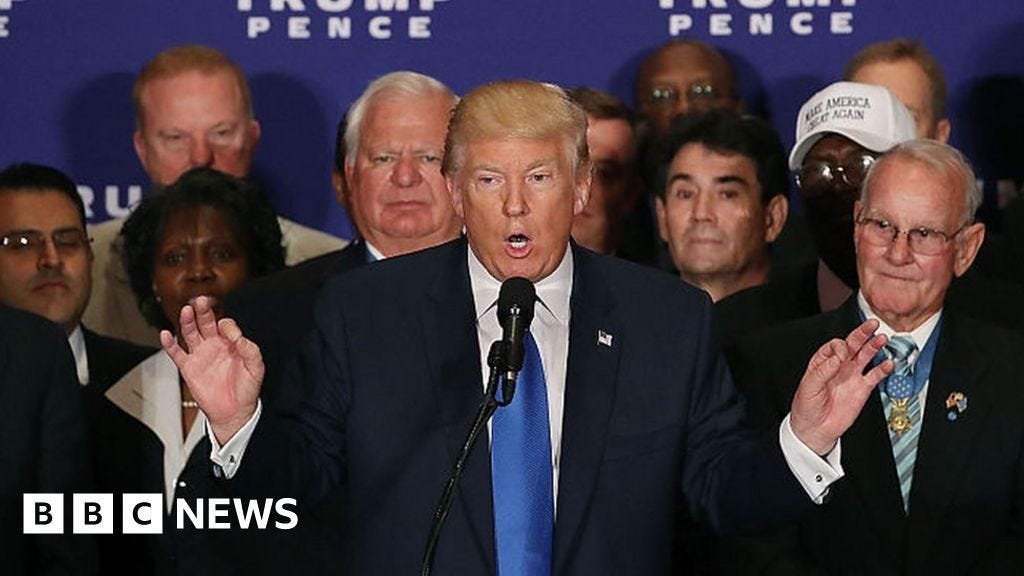Greenland, Third Terms and Squirrels
Hapkido is the martial art of using an opponent's fervor against them. Its a concept useful in politics as well.
Misdirection is a common tactic in most competitions. Basketball has feints right or left, baseball has the “slash bunt,” and tennis players attempt to telegraph “wrong-footing” volleys.
Even in war, submariners deploy “countermeasures.”
In politics, the practice of planting decoy information to distract and consume the resources of an opponent is called “releasing squirrels.”
While its history goes back hundreds of years, the name was coined just a decade ago after Pixar released the movie “Up.” In that animated classic, Dug, a dog empowered to talk with the help of a high-tech collar, interrupts lines of thought with the exclamation, “Squirrel!”
Political campaigns use “squirrels” to distract an opponent. The practice has tracked with the growing prevalence of “oppo research,” paid staff, and/or hired professionals who uncover embarrassing information destructive to an opponent’s image and credibility.
A typical “well-done” squirrel in politics works like this: Joe’s campaign arranges with social media influencers to drop hints about Joe’s horribly ended first marriage. Charges of mental and physical abuse are mentioned. Salacious scandal is teased.
But in truth, Joe has only been married once, in a loving relationship where he has been both faithful and recognized for his kind and gentle demeanor.
Chasing the “squirrel” will consume the opponent’s time, energy and resources with the final result either no story at all, or a story revealing a positive, but otherwise boring truth about Joe. Joe’s campaign gains just by the question being asked.
No candidate for office has mastered the deployment of squirrels more effectively than Donald J. Trump. His skill at sidetracking opponents has only improved since his first announcement for public office in 2015.
“Where’s Obama’s birth certificate?” “Why BleachBit® and then sledge-hammer a computer into oblivion?” “How did the Biden family accrue such wealth after a half-century of public service?” These are examples of one-liners from Trump that set in motion massive political resources to counter, refute, or spin the answers.

It wasn’t even necessary for Trump to know the correct answer. He gained an advantage just by asking the question.
Will Canada become America’s fifty-first state? Will the U.S. acquire Greenland? Is the correct name of the Gulf of Mexico now the Gulf of America?
If your goal is to rekindle the kind of “America on the rise” spirit that spawned manifest destiny and the Monroe Doctrine, then you gain just by asking those questions.
And if the fallout of raising such questions is the United States signs a strategic minerals deal with Denmark, how is that anything but good for the Trump Administration?
The same can be said about “Can Donald Trump run for President in 2028?” His opponents will waste a vast amount of time getting the answer out “No, the 22nd Amendment to the Constitution prohibits it.” It’s an answer most 8th graders already know.
But, given that Trump’s biggest headwind now is his status as a “lame duck” (i.e. a politician whose last day in office is known so opponents can just “run out the clock”), once again, just raising the question gets the desired result.
The morality of utilizing “squirrels” in politics is debatable. Clearly, there is a growing risk due to the public’s deteriorating trust in any form of established media. Once a question is asked, how do we know what the correct answer really is?
The risk is that even the most obvious squirrels now carry a downside: 15-20 percent of the population will believe an answer no matter how unlikely or absurd.
You can spot them easily. They are the ones hiding in backyard bunkers preparing for the U.S.’s imminent war with Greenland.





